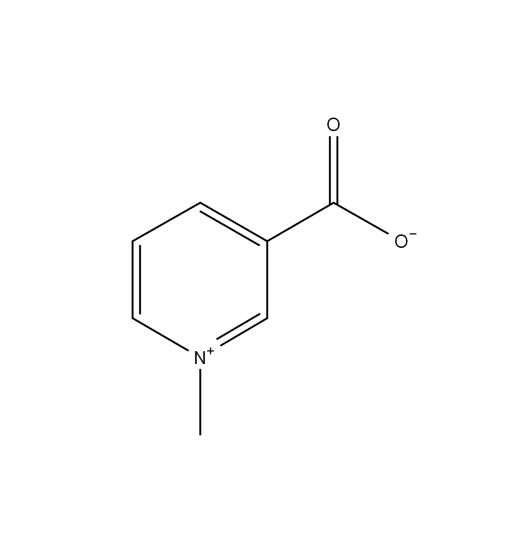Trigonelline: The "Treasure Molecule" in Plants, Unveiling Its Dual Roles in Health and Applications
07/24/2025 16:45:09
Today, we are going to talk about a low-key but potential plant active substance - Trigonelline. It is not only an important component of traditional herbal plants, but also has attracted widespread attention from the scientific community and the health industry in recent years due to its diverse biological activities.

1. What is Trigonelline?
Trigonelline is a naturally occurring pyridine alkaloid, with the chemical name N-methylnicotinic acid N-methylamide. It was first isolated from the seeds of Trigonella foenum-graecum, hence the name. In addition to fenugreek, it is also widely found in coffee beans, alfalfa, certain marine algae and a variety of Chinese medicinal materials.
2. The main source of trigonelline
Fenugreek seeds: the most classic source, traditionally used to treat diabetes, anti-inflammatory, etc.
Coffee beans: especially roasted coffee has a high content, which is one of the important components of coffee flavor and health effects.
Chinese medicine and herbal plants: such as astragalus, licorice, etc., also contain a certain amount of trigonelline.

3. What are the health benefits of trigonelline?
Scientific research shows that trigonelline has a variety of biological activities, especially in the following aspects:
(1). Regulating blood sugar and assisting diabetes management
Many studies have shown that trigonelline can improve insulin sensitivity, promote glucose utilization, and help control blood sugar levels. This is also one of the important reasons why fenugreek is used as a traditional hypoglycemic herb.
(2). Antioxidant and anti-inflammatory effects
Trigonelline has a certain ability to scavenge free radicals, can reduce oxidative stress, and inhibit the release of inflammatory factors, and has a certain auxiliary conditioning effect on chronic inflammatory-related diseases.
(3). Neuroprotective effect
Studies have found that trigonelline can pass through the blood-brain barrier and show certain neuroprotective and cognitive enhancement effects in animal models, which may have potential benefits for neurological diseases such as Alzheimer's disease.
(4). Cardiovascular health
Some experiments have shown that it can lower blood lipid levels, reduce the risk of atherosclerosis, and help maintain the normal function of the cardiovascular system.
(5). Antibacterial and anticancer potential
Preliminary studies have shown that trigonelline has an inhibitory effect on certain bacteria and may show anticancer potential by inducing apoptosis of cancer cells, but further clinical verification is still needed.
5. Application fields of trigonelline
Trigonelline, a "small molecule" hidden in plants, is entering the public eye with its unique and extensive biological activity. At present, many research institutions at home and abroad are exploring more potentials of trigonelline, especially in the fields of metabolic diseases, neurodegenerative diseases and cancer. With the development of biotechnology, its synthesis path and extraction process are also being continuously optimized, and it is expected to shine in many industries such as medicine, food, and cosmetics in the future.




